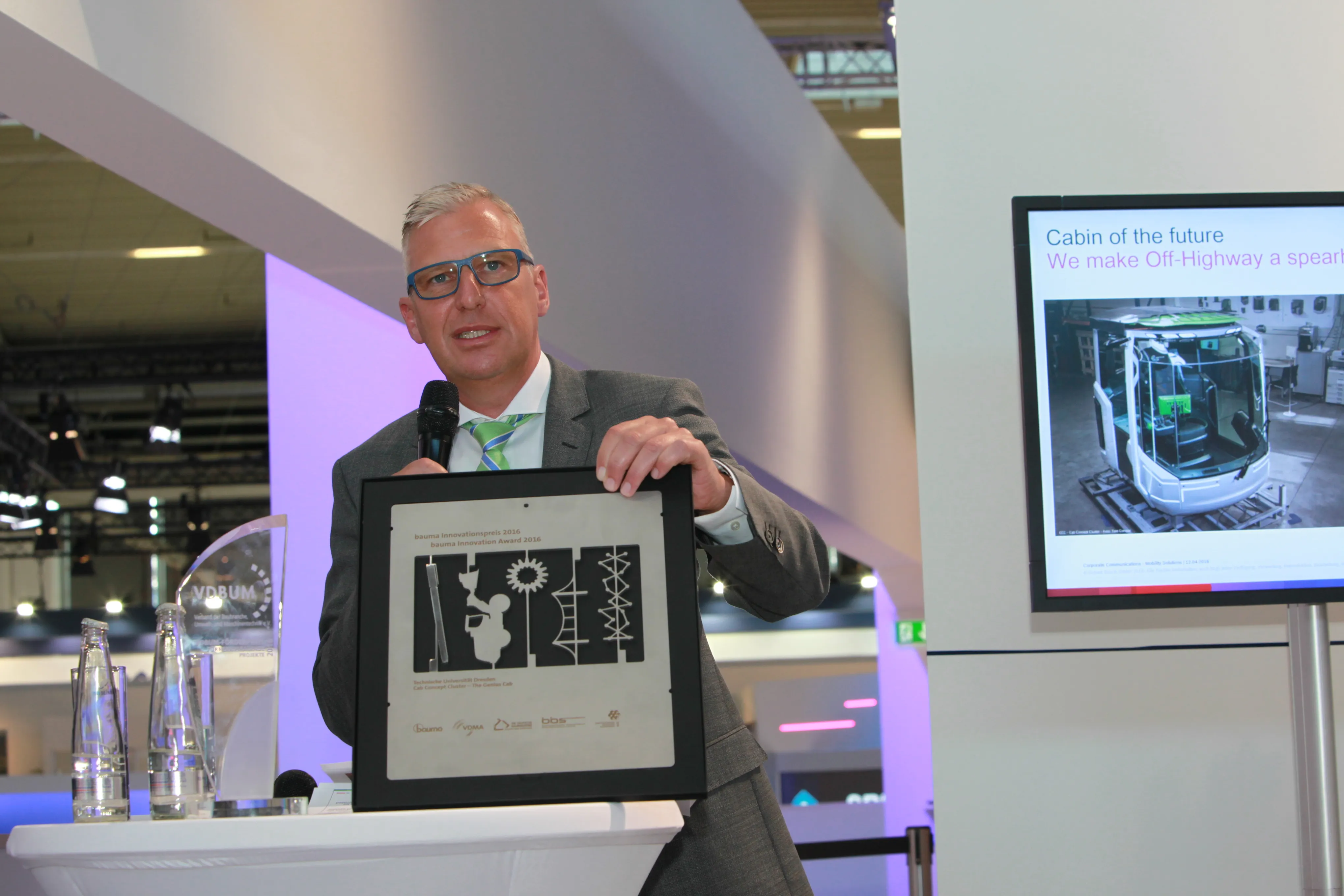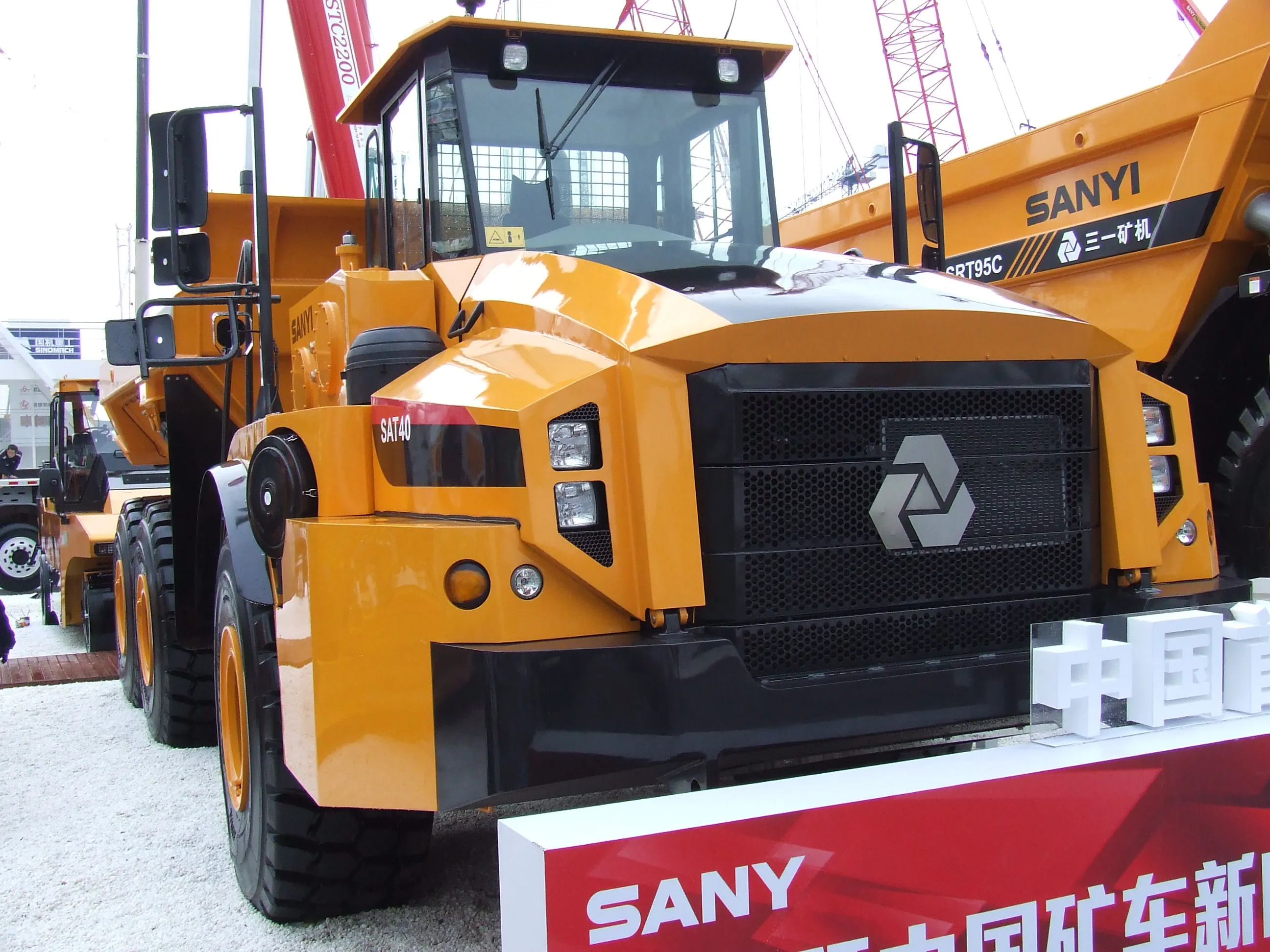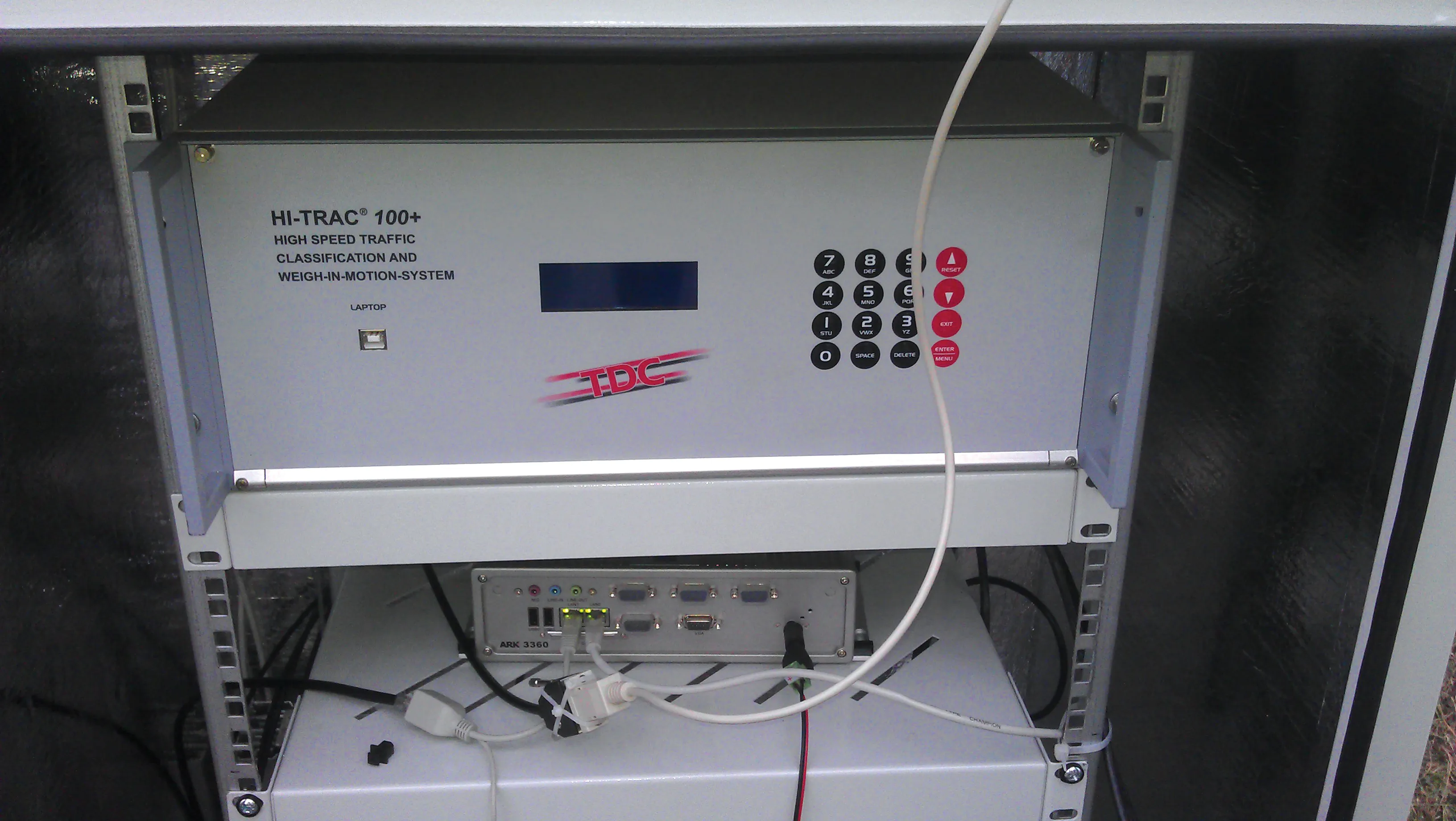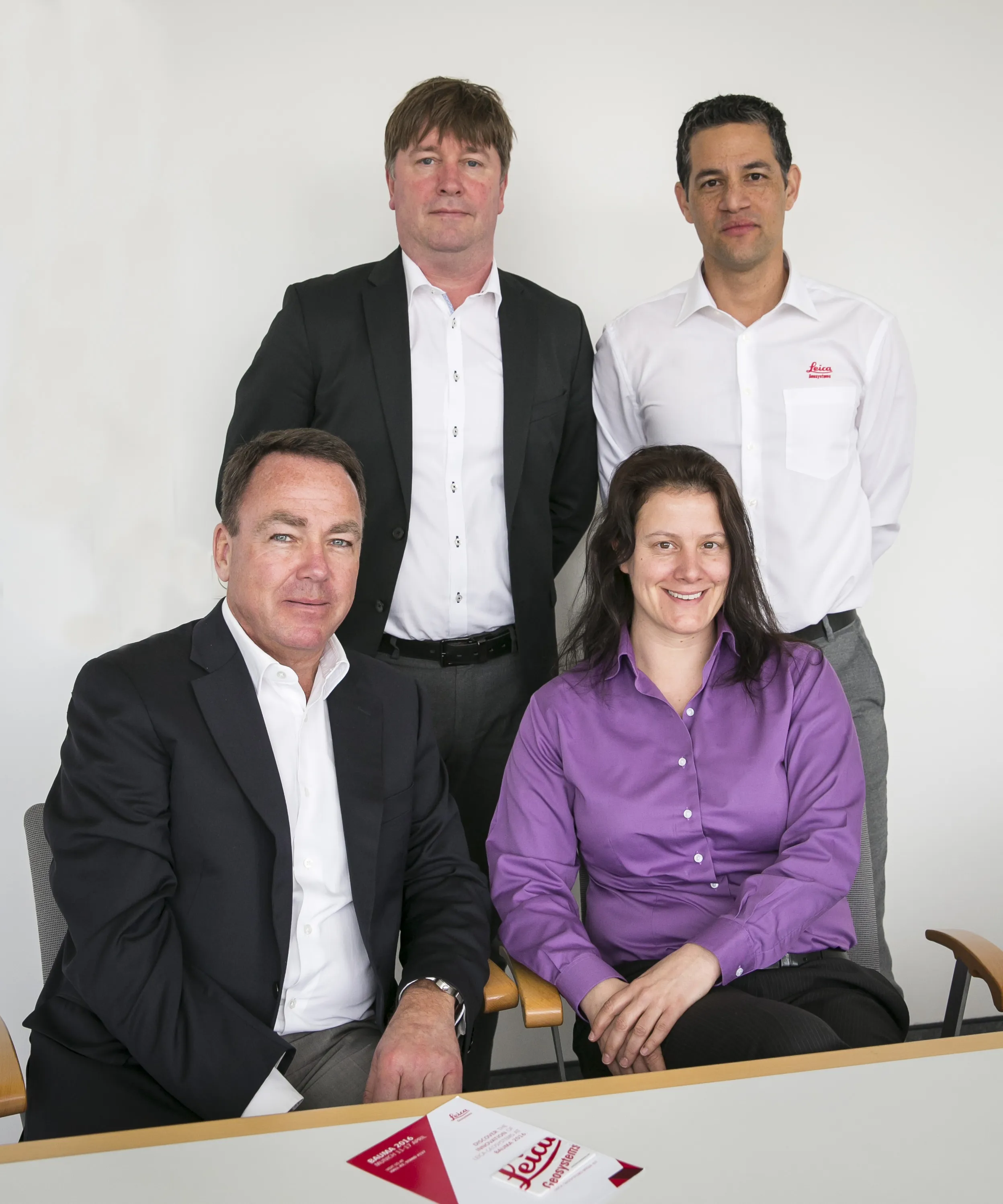
The
“What is unique here is the integration of the technologies,” said Johannes-Jorg Ruger, executive vice president at Bosch. “Integration is a chance to reduce costs.”
Making the integration possible is the fact that Bosch – alone or in partnerships – produces so many key components. Because it develops the components and sensors, it can seamlessly integrate them.
The cab, developed specifically for the construction industry, can analyse operating to the nearest second on a tablet display. “Connected HMI provides extremely detailed information,” Ruger said.
The central user interface can be activated using buttons or via touchscreen. Another interface is the joystick. In excavators, the joystick controls functions such as shovel movements but also can activate cab lighting, wipers and the side-view replacement system.
The key is placing valuable information in a convenient location. That data collection and processing – like the integration – is not unique but increasingly valuable and efficient, Ruger said.
Ultrasonic and video sensors monitor the vehicle’s surroundings more thoroughly than any rear-view mirror, improving safety and productivity, Ruger said. “Surround view or sensing is a completely key feature,” he said. The sensors also detect obstacles, even at night.
The cab is part of a new Bosch division focused specifically on construction solutions. Ruger will head the group, named the Commercial Vehicle and Off-Road unit.









